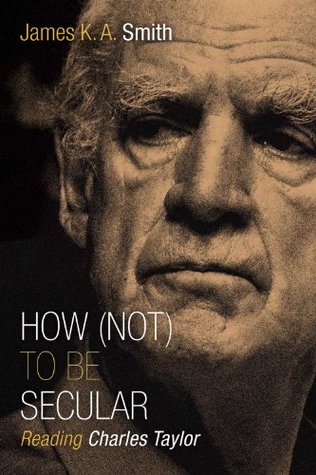Taylor crystallizes this with a kind of case study: one can see these different tempers manifest in what you think about Francis of Assisi, “with his renunciation of his potential life as a merchant, his austerities, his stigmata”: “One can be deeply moved by this call to go beyond flourishing”; or “one can see him as a paradigm exemplar of what Hume calls ‘the monkish virtues,’ a practitioner of senseless self-denial and a threat to civil mutuality” (p. 431). Tell me what you think of Saint Francis, Taylor suggests, and I’ll tell you what your “unthought” is.
Welcome back. Just a moment while we sign you in to your Goodreads account.


